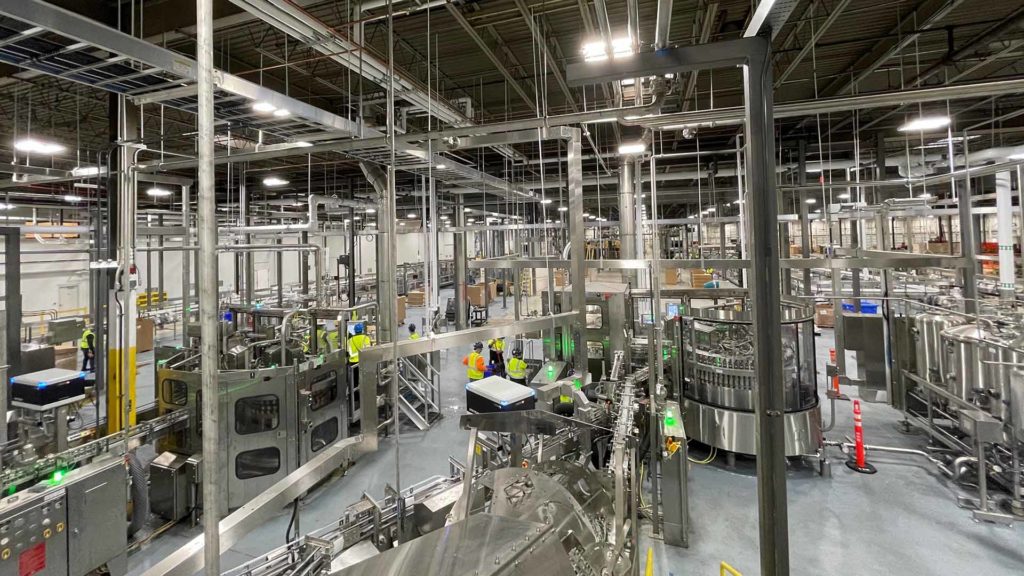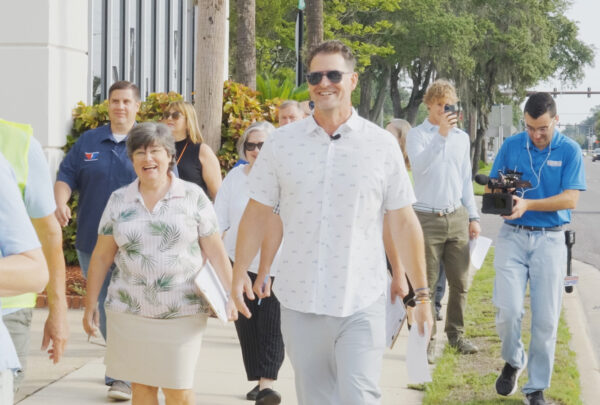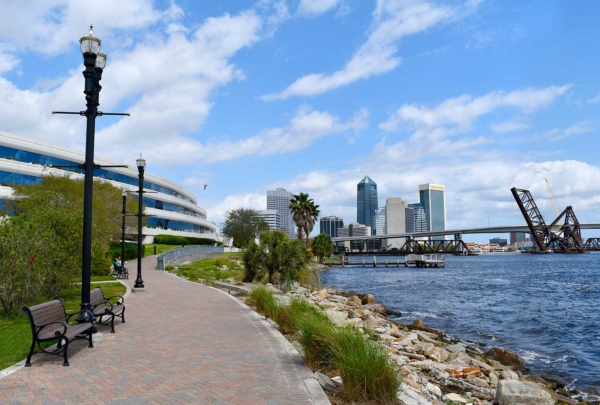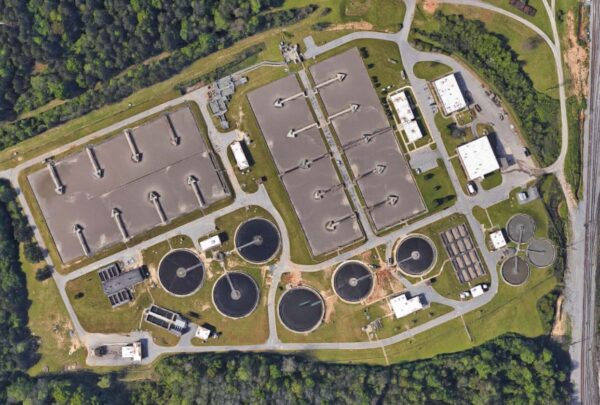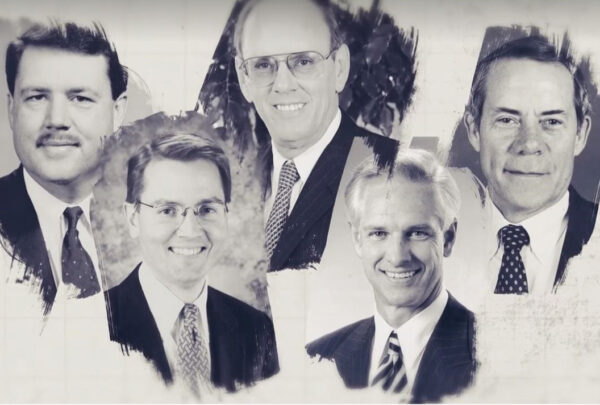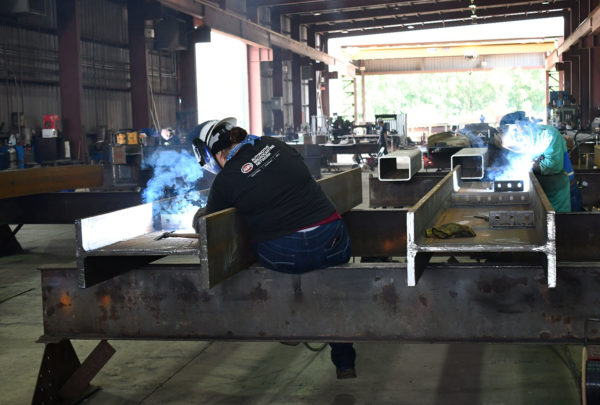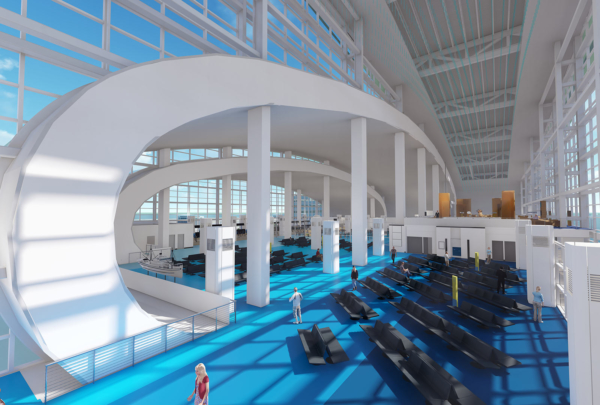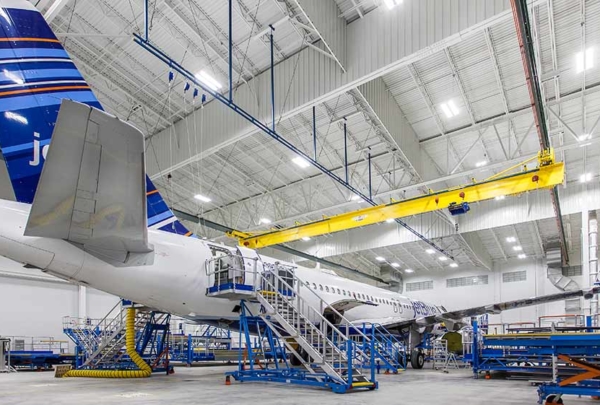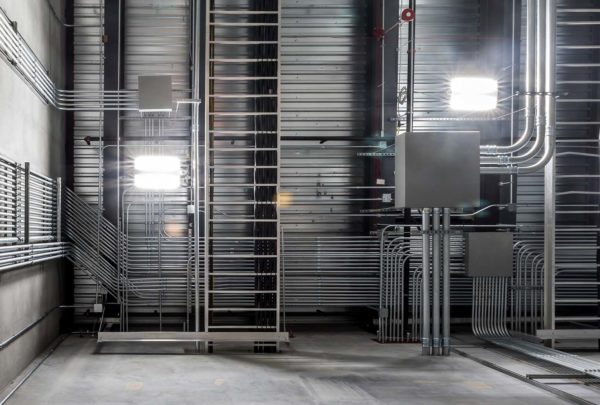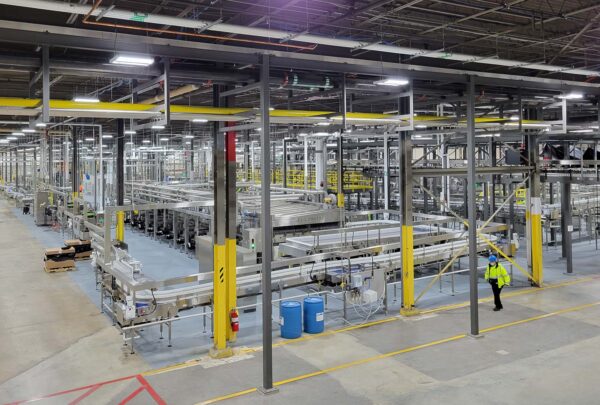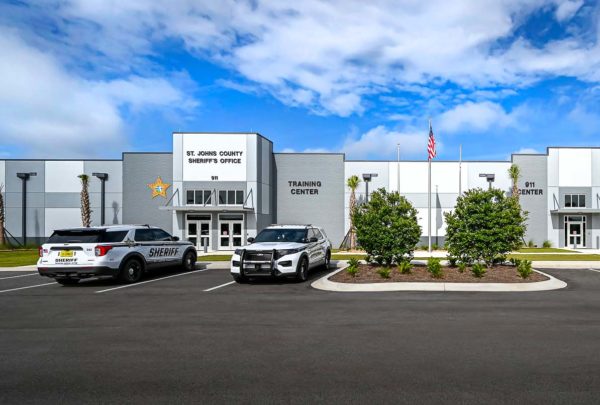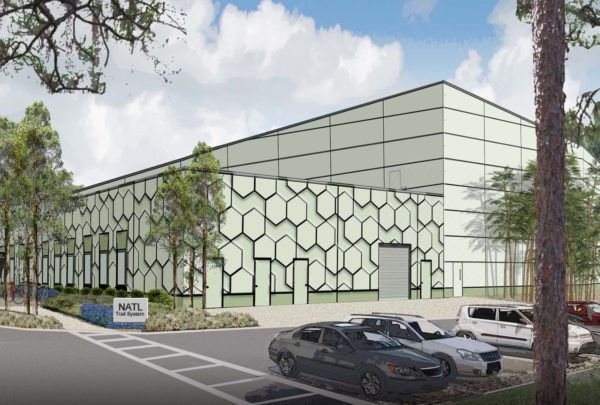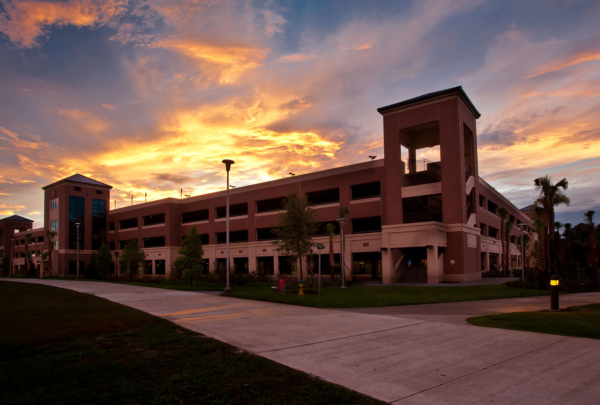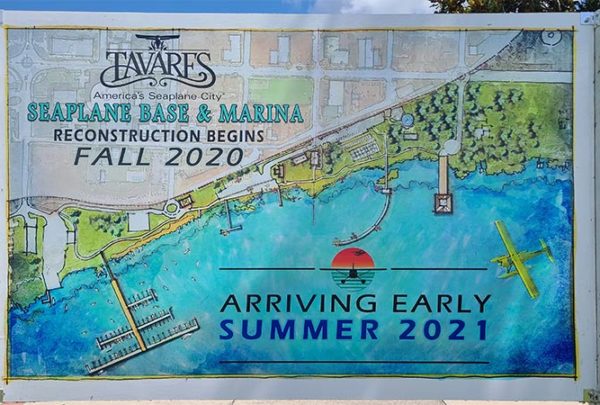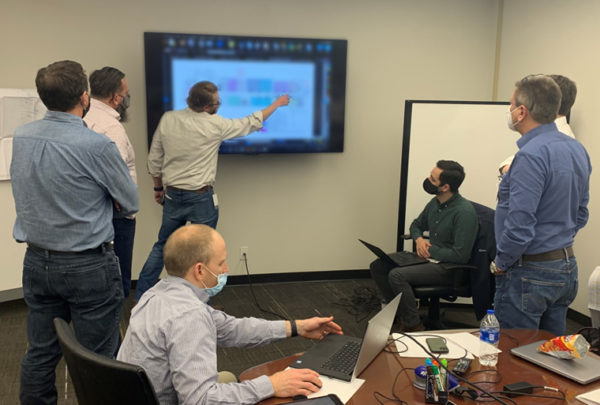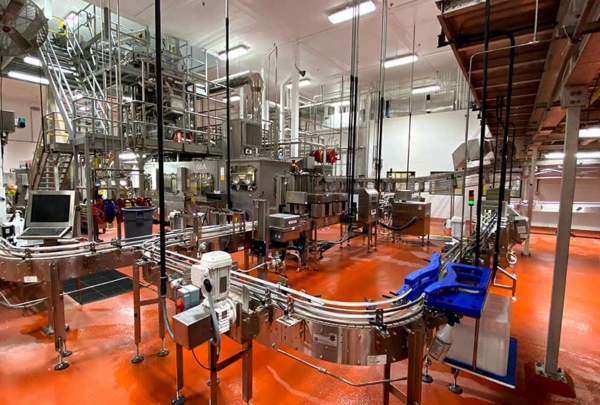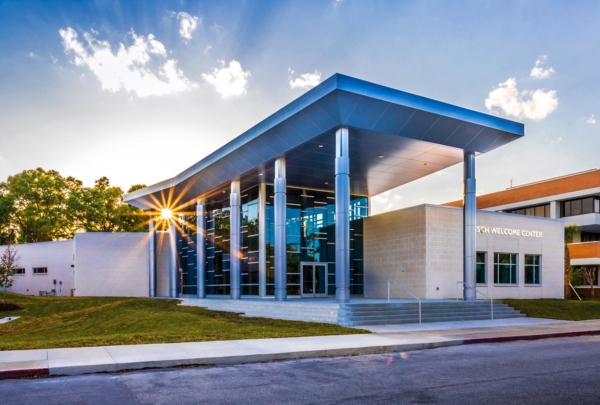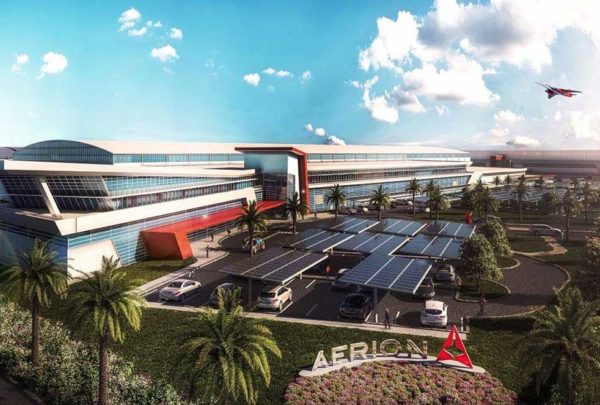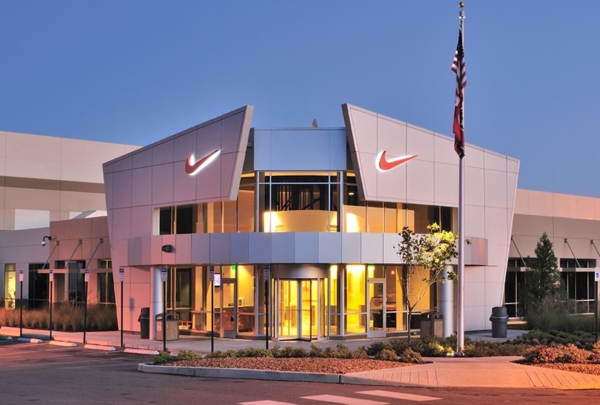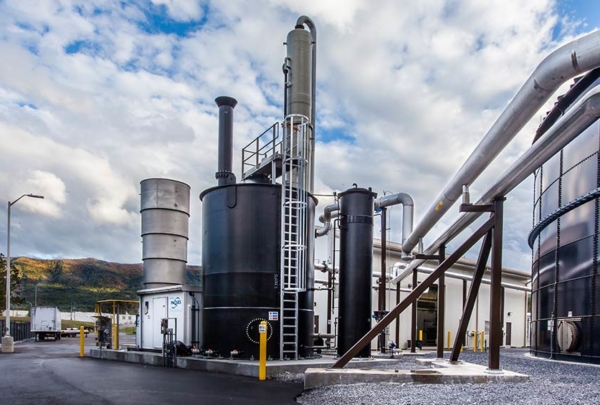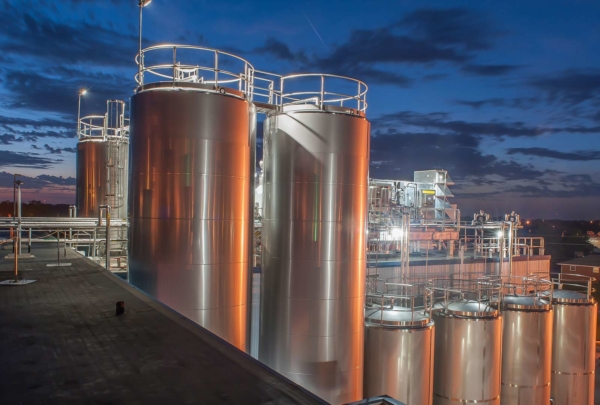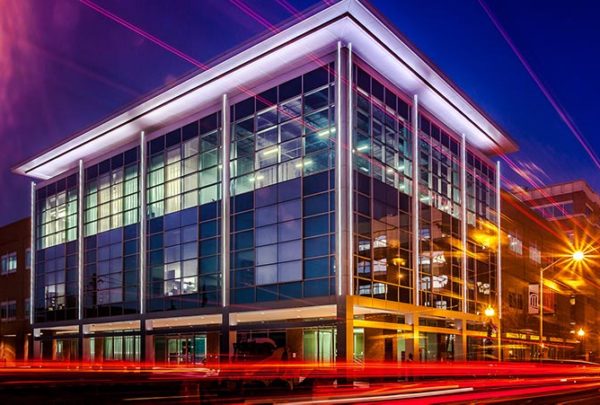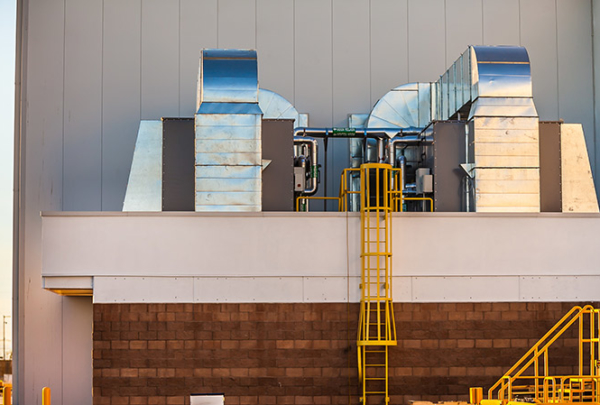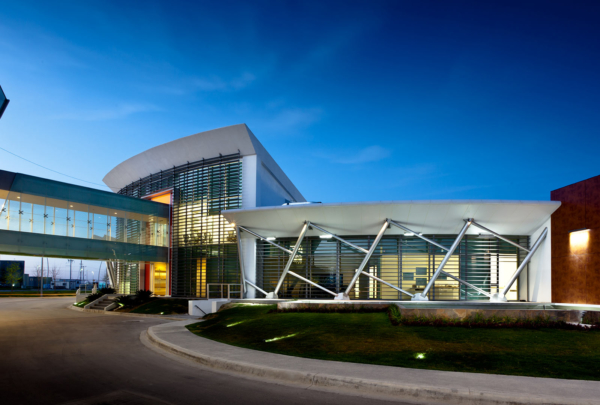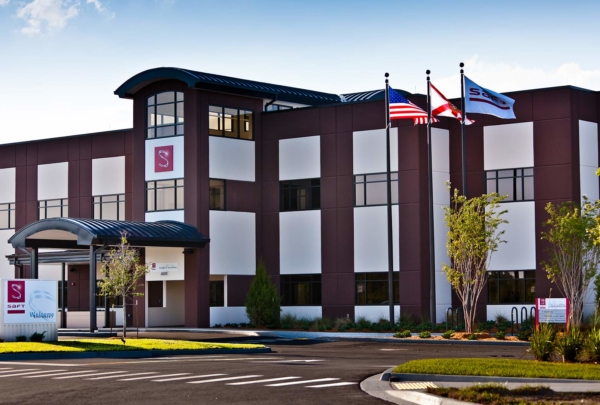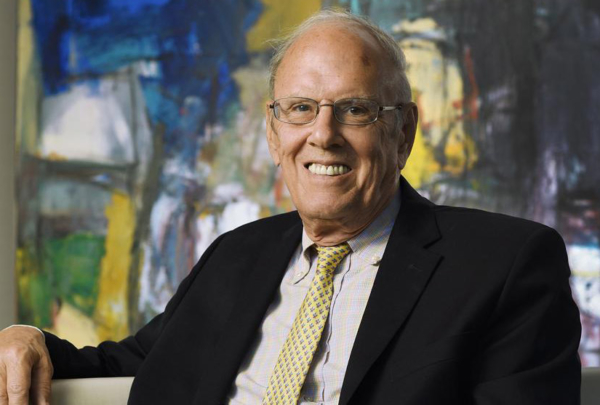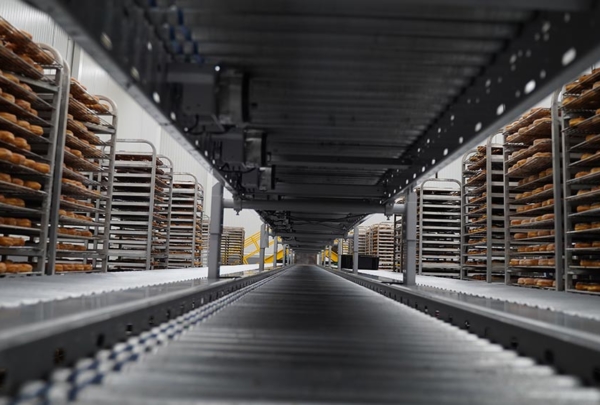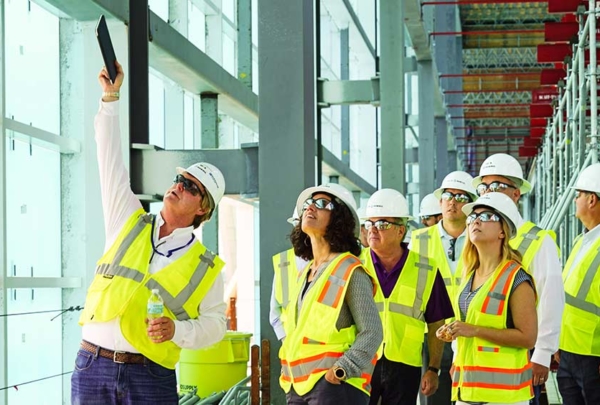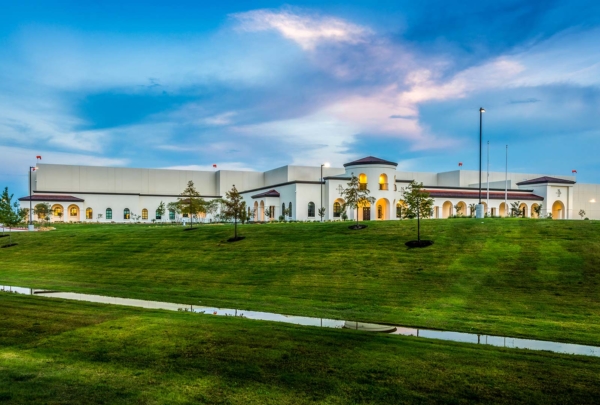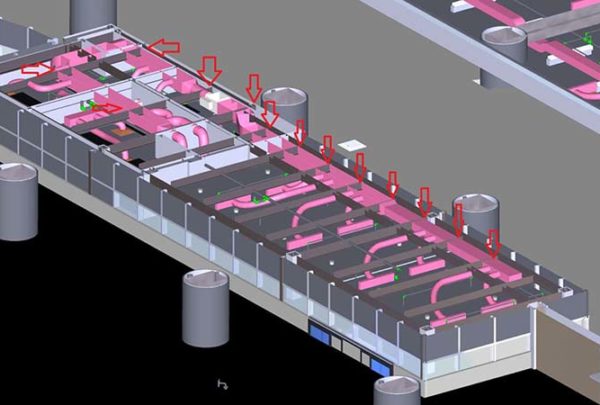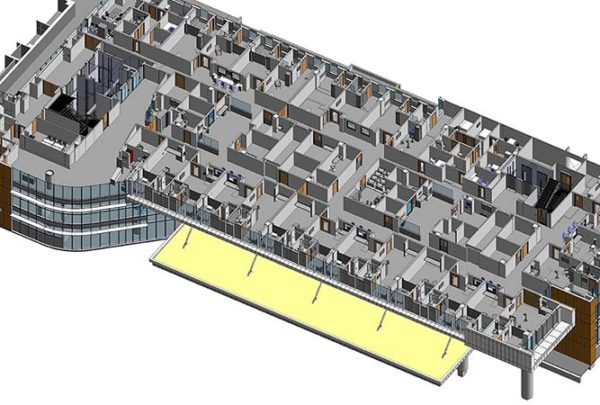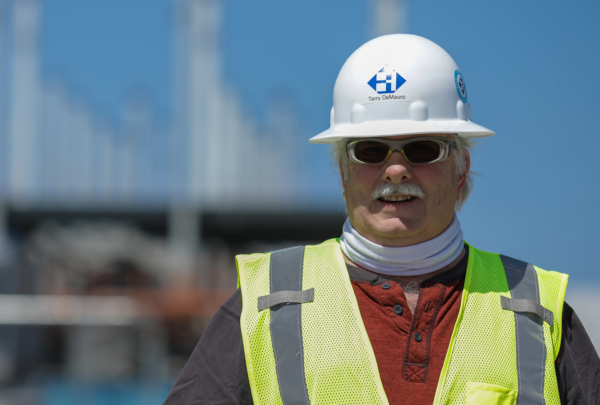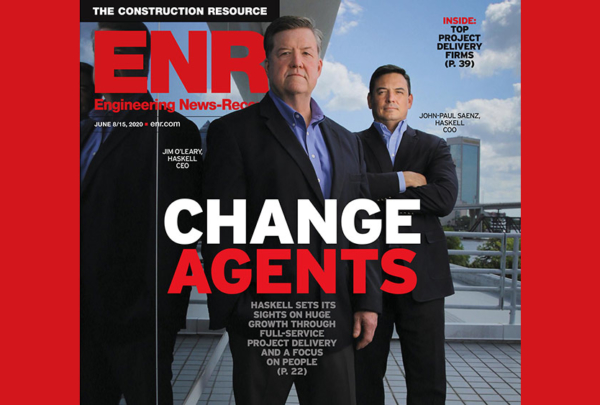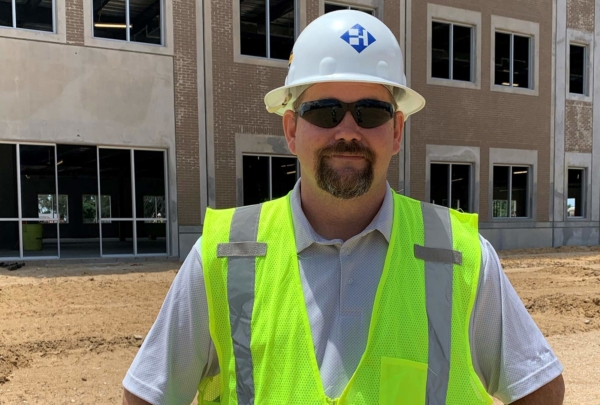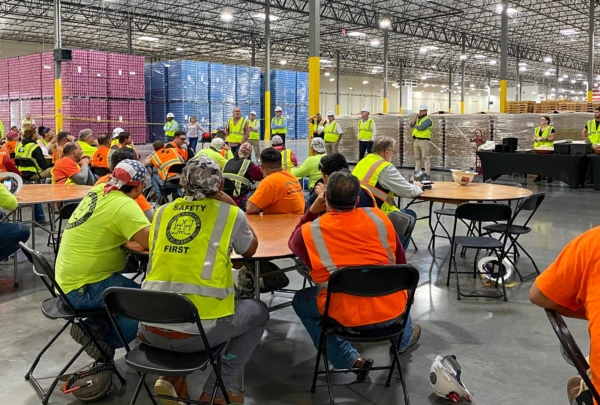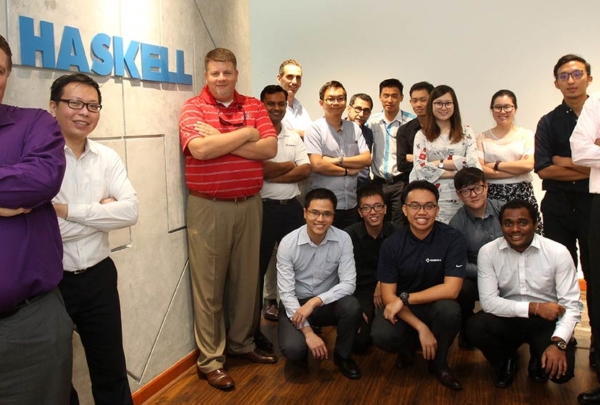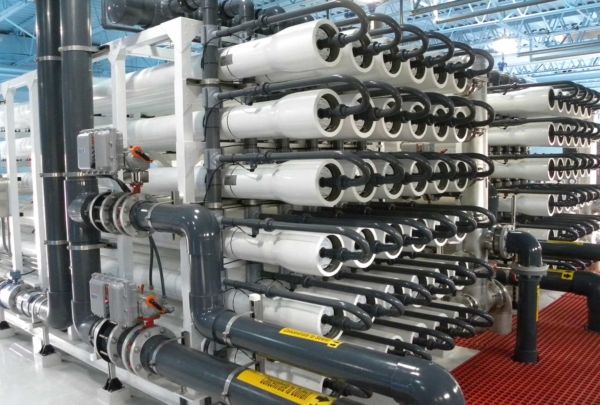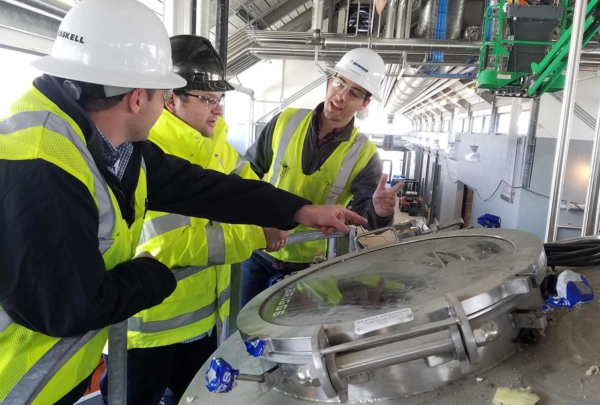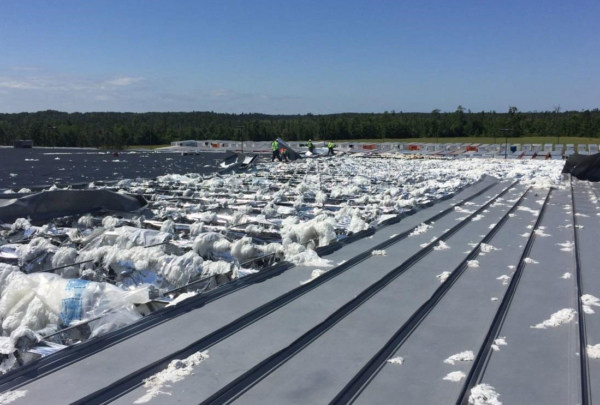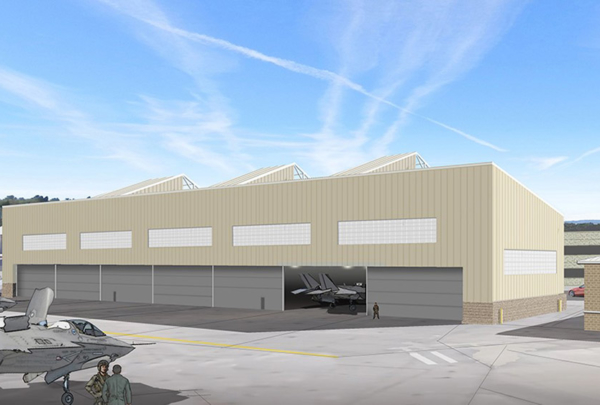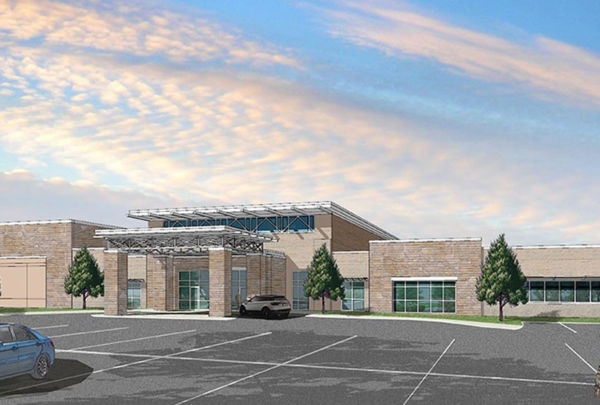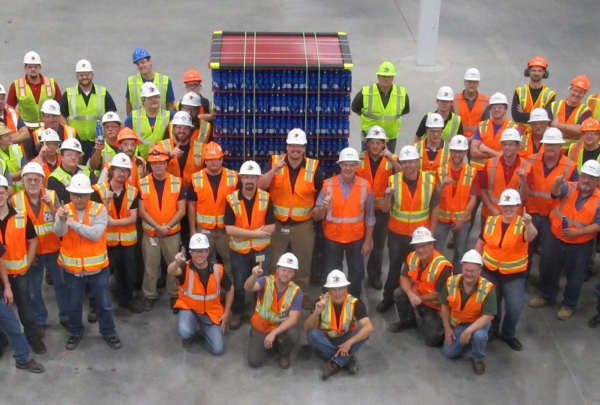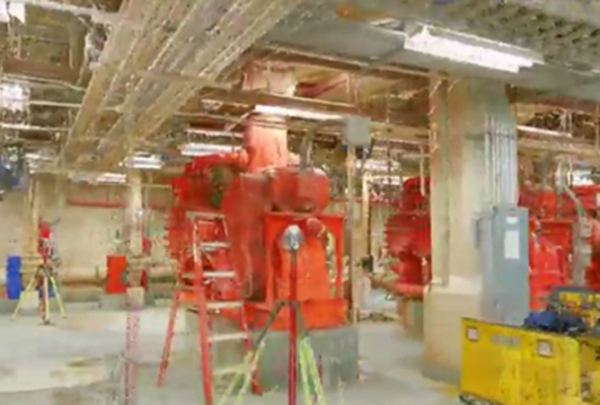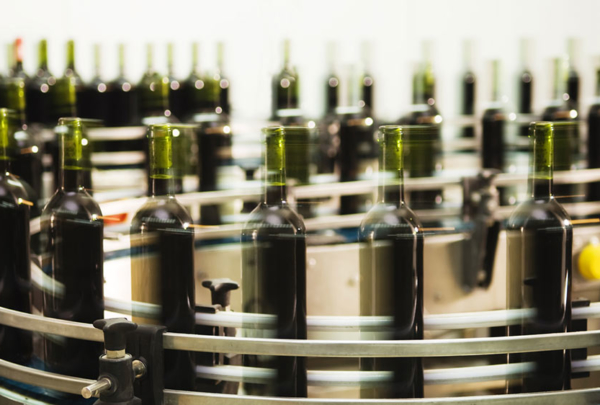Mentioning beer, wine and spirits may bring to mind festive settings and good times with friends, but make no mistake: The industry is serious business. The global alcoholic drinks market is expected to reach $2.8 trillion by 2028, fueled by growing demand and continual evolution in what consumers drink, where they drink it and even the type of container it’s in.
Those in the industry constantly strive to maintain breweries, wineries and distilleries that meet their customers’ changing tastes, and Haskell is a trusted partner to many of the most prominent players. Founded in 1965 in Jacksonville, Florida, it has evolved into a systems integrator for design-build and engineer, procure, construct (EPC) projects capable of achieving speed to market with turnkey solutions. Engineering News-Record (ENR) has ranked Haskell the top Food & Beverage contractor two of the past three years.
Carl Feather, Haskell’s Beer, Wine & Spirits Market Leader, said a pioneering history in integrated design and its total interdisciplinary approach allow Haskell to provide unparalleled certainty of outcome.
“As an integrated design-build company with all the disciplines in house, we are uniquely positioned to be an outcomes-focused organization,” Feather says. “We can take a business need and build a team that’s focused on what the client wants and give the right amount of resources to scope, cost and schedule to make it happen.”
A prime example is Diageo’s Project Helix, where the business need was speed.
In just 10 months, team members from Haskell’s facilities, process and packaging teams transformed a vacant, 75-plus-year-old warehouse in Plainfield, Illinois, into an operational facility featuring two high-speed can lines capable of producing 25 million cases of malted-based beverages and spirits-based Ready-to-Drink (RTD) products per year.
Under normal conditions, the award-winning project would have been scheduled to take two years, but for internal and market-driven reasons, a drastically shorter lifecycle was required.
Workarounds were often the rule rather than the exception. On site, the project featured a temporary power plant, a temporary wastewater treatment system and temporary CO2 and nitrogen systems. Because the structure couldn’t support the piping being installed, the project had to include approximately $8 million in pipe rack steel structures.
The project advanced so quickly, and so many aspects of it were conducted concurrently, that the successful performance guarantee test for the first of two lines was accomplished in the same week that the guaranteed maximum price (GMP) contract amendment was executed.
When the second of the two lines met its first sellable product date and both were in production, Pietro Di Pilato, Diageo’s Senior Vice President Technical, Governance, Innovation and Brand Change, said, “To deliver this project in 11 months, when many in and outside of Diageo told me it would take at least 18 months, and more likely 24 months, while navigating through the COVID challenges is truly remarkable.”
In another instance, Haskell helped Bently Heritage meet demand for a farm-to-flask distillery in two 100-year-old historic buildings in Minden, Nevada, assembling a team of architects, engineers, project managers, a certified master distiller, and a range of other subject matter experts to outfit a former grain mill and dairy creamery with ultra-modern equipment.
This diverse team created four independently operating distillation systems for the client’s two whiskeys, brandy and clear spirits. The final project had more than 10 miles of piping, 40 miles of control cable and 1,800 valves running in harmony with the two historic buildings.
“Bentley Heritage was a project where function and form got equal billing,” Feather said. “All our pipe layouts had to pass the aesthetic test. At first, the owner didn’t want to see any pipe, but we could model it out in 3D to show how it would look and he changed his mind. That was one of the keys to cost and time savings.”
One of Haskell’s many market innovations is its 3D design process, Virtual Design & Construction. Haskell does all its design work in 3D, using a Building Information Modeling (BIM) process to inform its clients and avoid costly errors during installation.
“We’re on the leading edge of this type of 3D design,” Feather said. “And it has two distinct advantages. First, it really helps clients visualize what they’re buying before it ever gets built. Second, it ensures that what we build is accurate.”
As ENR’s No. 1 GREEN Manufacturing & Industrial Design firm and No. 1 GREEN Manufacturing & Industrial Contractor, Haskell is also a sustainability leader. More than 145 team members are LEED Accredited Professionals (AP), and the company has created more than 130 LEED Certified projects across all four levels of certification. In the case of Diageo’s Project Helix, the team achieved Zero Waste to Landfill. In other cases, Haskell has guided clients in developing a powerful CO2-management program.
In every instance, Haskell maintains a fundamental commitment to diversity, equity and inclusion. Its Supplier Diversity Program was designed to increase opportunities for Minority and Women-Owned Small Business Enterprises (MWSBEs).
Contact us to discuss your goals and challenges with Haskell’s fully integrated and solutions-focused Beer, Wine & Spirits team.
